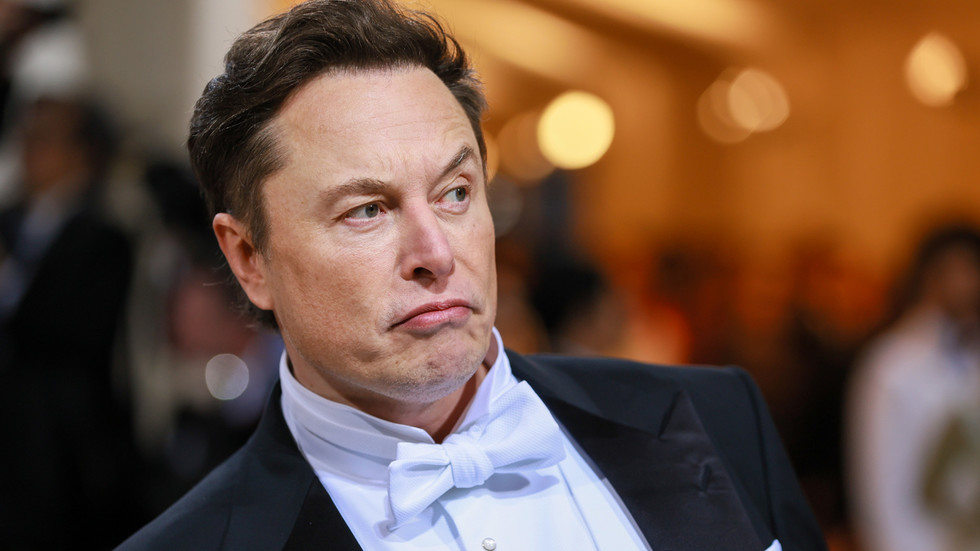In the wake of reports regarding an 81-year-old congresswoman found residing in a dementia care facility, Elon Musk has suggested that the United States should implement mandatory mental fitness tests for public officials. The congresswoman, Kay Granger, a Republican representative from Texas, had been absent from her duties for six months, prompting concerns about her well-being. Reports confirmed that she was indeed living in an assisted living facility specializing in dementia care. This alarming revelation raises questions about the fitness of elected officials, particularly given the prevalence of aging leaders in American politics.
The scandal surrounding Granger not only highlights concerns about individual politicians’ health but also reflects broader issues around the age and capacity of those in power. Granger, who announced her decision not to seek re-election as her term approached expiration in January, had maintained a lengthy career in the House of Representatives. Musk’s commentary on social media raised eyebrows, including his proposal for cognitive tests for politicians before assuming their positions, reinforcing the ongoing discussion regarding the competency of aging leaders in the U.S. political landscape.
Musk’s stance grew more pronounced amid heightened national debates about the mental acuity of public officials, particularly as the recent election showcased older candidates like President Joe Biden, 82, and former President Donald Trump, 78. Concerns over Biden’s mental fitness became evident during a debate that many deemed embarrassing, ultimately leading to speculation about his capacity for office. Such events have re-ignited discussions about whether age should play a substantial role in determining the fitness of individuals pursuing or holding public office.
The issue of mental fitness in politics parallels Musk’s previous advocacy for age limits among public officials, citing the need for fresh ideas and leadership in governance. Critics of the cognitive tests argue that they may serve as a superficial measure if not properly designed, as exemplified by the lightlifting cognitive test Donald Trump boasted about acing. Critics underscored the trivial nature of some tasks involved in the assessment, questioning their validity as benchmarks of true cognitive capability necessary for presidential duties.
Musk, whose opinions resonate widely within the tech and business communities, reflects a growing sentiment among the public regarding the necessary standards for political leaders, particularly those reaching advanced age. His call for cognitive testing may gain traction as concerns about the mental fitness of older politicians transform from isolated incidents into a national dialogue. These discussions emphasize the imperative of ensuring that elected officials possess the cognitive abilities required to navigate complex governance scenarios effectively.
Ultimately, the proposal for mandatory mental fitness testing, whether pursued seriously or dismissed as politically charged, underscores a critical intersection of health, age, and ability in leadership. As the demographics of American politics shift, the necessity for accountability in public service continues to weigh heavily on the minds of citizens. This evolving conversation invites a profound examination of how mental fitness could and should inform the candidate selection and electoral processes, ensuring that all appointed officials can adequately fulfill their responsibilities in a demanding political environment.

